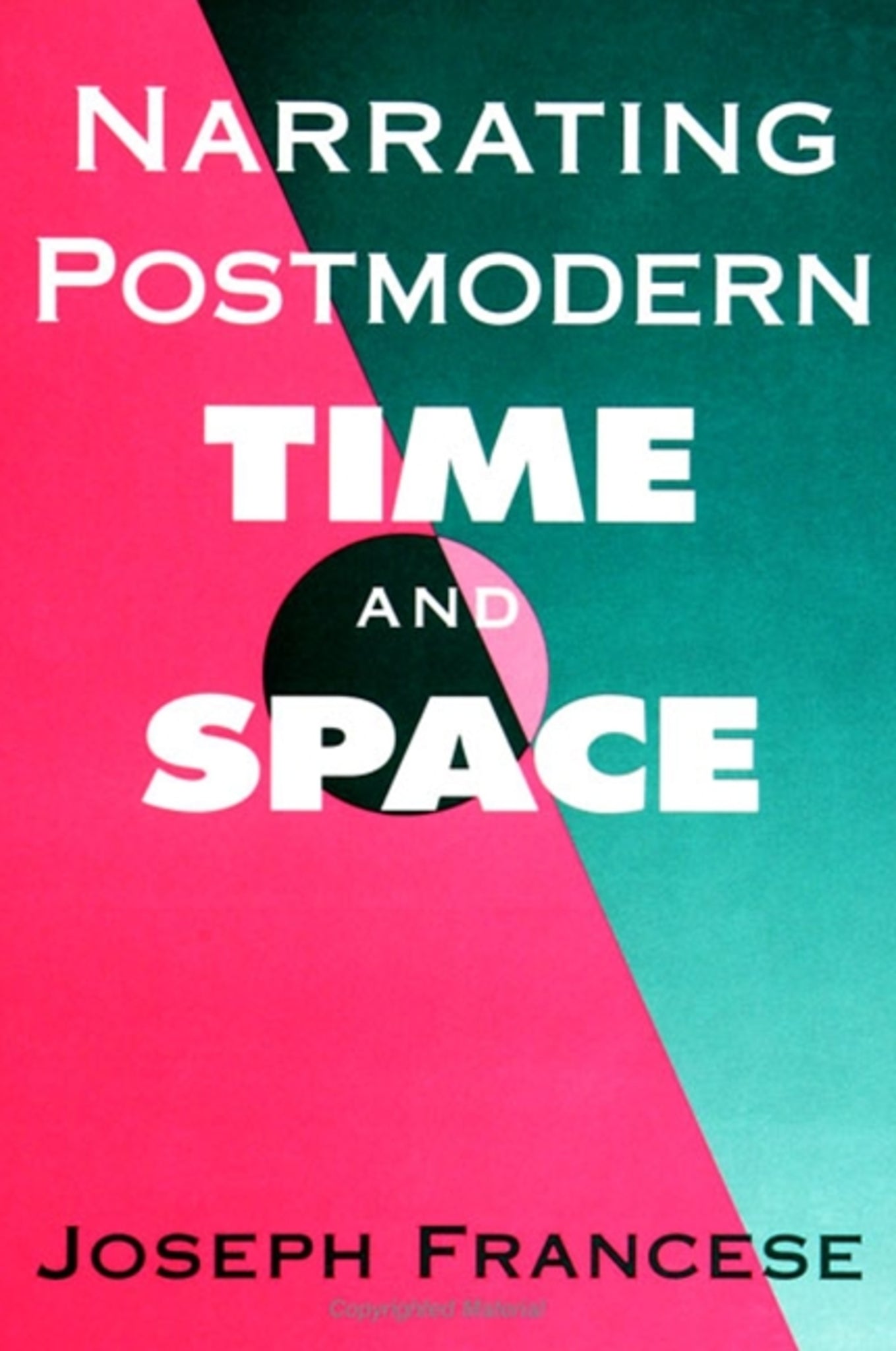We're sorry. An error has occurred
Please cancel or retry.
Narrating Postmodern Time and Space

Some error occured while loading the Quick View. Please close the Quick View and try reloading the page.
Couldn't load pickup availability
- Format:
-
02 October 1997

Defines postmodern writing and distinguishes it from modern writing by citing examples from two modern and three postmodern writers: Italo Calvino, John Barth, Toni Morrison, E. L. Doctorow, and Antonio Tabucchi.
Francese defines postmodern writing and distinguishes it from modernist prose by citing the examples of two modern and three postmodern authors: Italo Calvino, John Barth, Toni Morrison, E. L. Doctorow, and Antonio Tabucchi. While the modernist narratives of Calvino and Barth attempt to assimilate what is other, the postmodern narratives of Morrison, Doctorow, and Tabucchi recognize diversities that cannot be assimilated, instead seeking out external, communicative sources of authentication. To a great extent, these changes in narrative strategy are a response to changes in real living conditions, namely, our modified perception of space and the radical shortening of time horizons caused by recent revolutionary advances in information technology. Although Morrison, Doctorow, and Tabucchi vary in their stylistic responses to these changes, their narratives propose a collective recovery of the past into a future-oriented present and serve as examples of how literature can intervene in history, rather than merely reflecting and acquiescing to it.


"I particularly liked the clarity and certainty with which Francese investigates the distinctions between high modernism and postmodernism, particularly in the work of Calvino. I also found the approach he takes to postmodern narratives as responses, or interrogations, to postmodernity convincing. Although there are literally hundreds of books on postmodernism, there is no book that deals with Calvino (and the other writers included) from this perspective." — Robert Dombroski, City University of New York Graduate Center
"The sections on Morrison and Tabucchi are nothing short of brilliant in their discussion of the immersion of the narrator in at least potentially postmodern texts, despite their remarkably different literary traditions. The crisp writing is especially effective, and the concern for historical development—including social and political as well as literary history—is exemplary throughout."—Gregory L. Lucente, University of Michigan
Acknowledgments
Abbreviations
1. Shifts and Imbrications
I. Interrogating the Postmodern
II. Modern/Postmodern
2. Calvino: The Search for a Totality
I. "Il midollo del leone"
II. The "Turning Point"
III. Qfwfq
IV. Nonanthropocentrism
V. Ti con zero
VI. The "Deductive Tales"
VII. La memoria del mondo and Cosmicomiche vecchie e nuove
3. Interlude: Late Modernist Metafiction. The Example of John Barth
I. Realism, Modernism, Postmodernism
II. The Death or Abdication of the Author
III. The Frametale
IV. Of Metafictional Kenosis (Exhaustion) and Resurrection (Replenishment)
4. Calvino: The Materiality of the Referent. Writing and Ekphrasis
I. The 1970s
II. Le Città Invisibili
III. Il Castello dei destini incrociati
IV. Ekphrasis
V. Writing
5. Calvino: The Master Narrative
I. Between the Infinite and the Infinitesimal
II. Mathesis singularis
III. Encyclopedic Knowledge
IV. Palomar
6. Postmodern Multiperspectivism
I. The Oppositional Postmodern Narratives of Morrison, Doctorow, and Tabucchi
II. Morrison: Reinscribing History in Beloved
A. Village Values, Communal Narration, Reader Participation
B. Beloved
III. Doctorow: Recuperating Parallel Images of the Past
IV. Tabucchi: The Angel of History
A. The Self as Other
B. L'angelo nero
Afterword
Notes
Works Cited
Index



